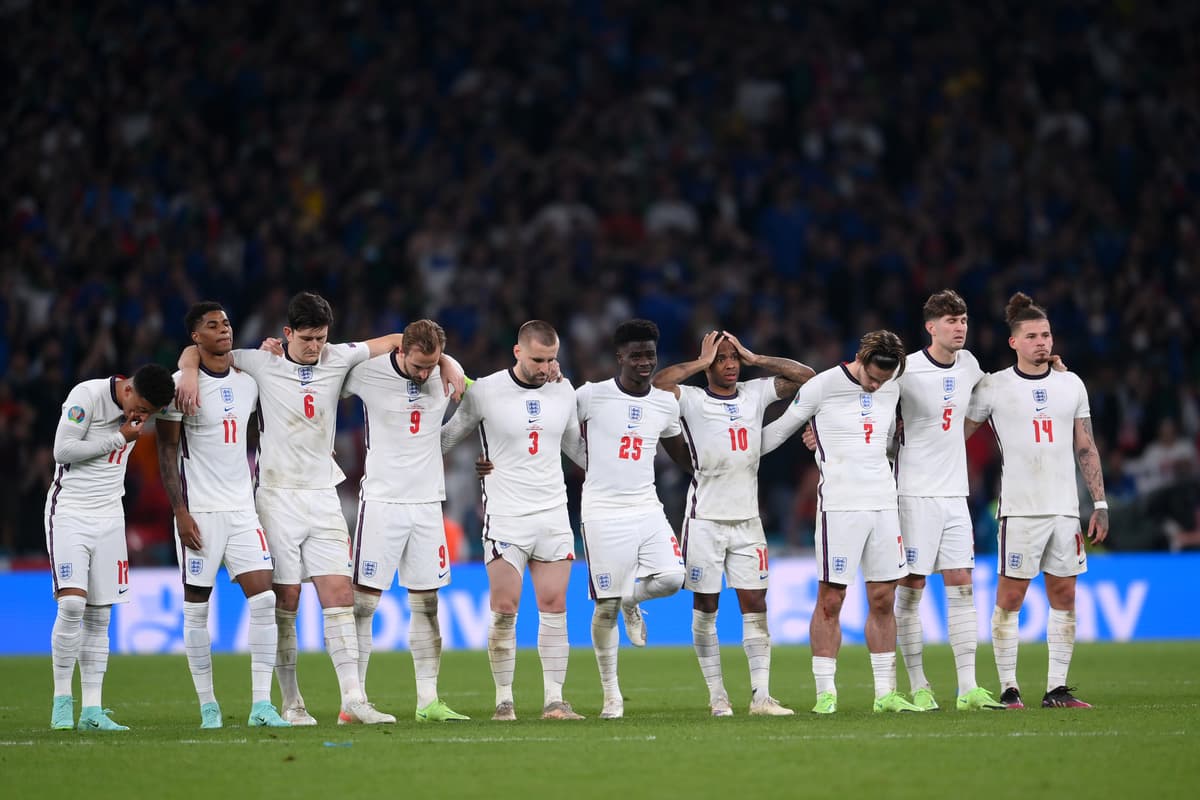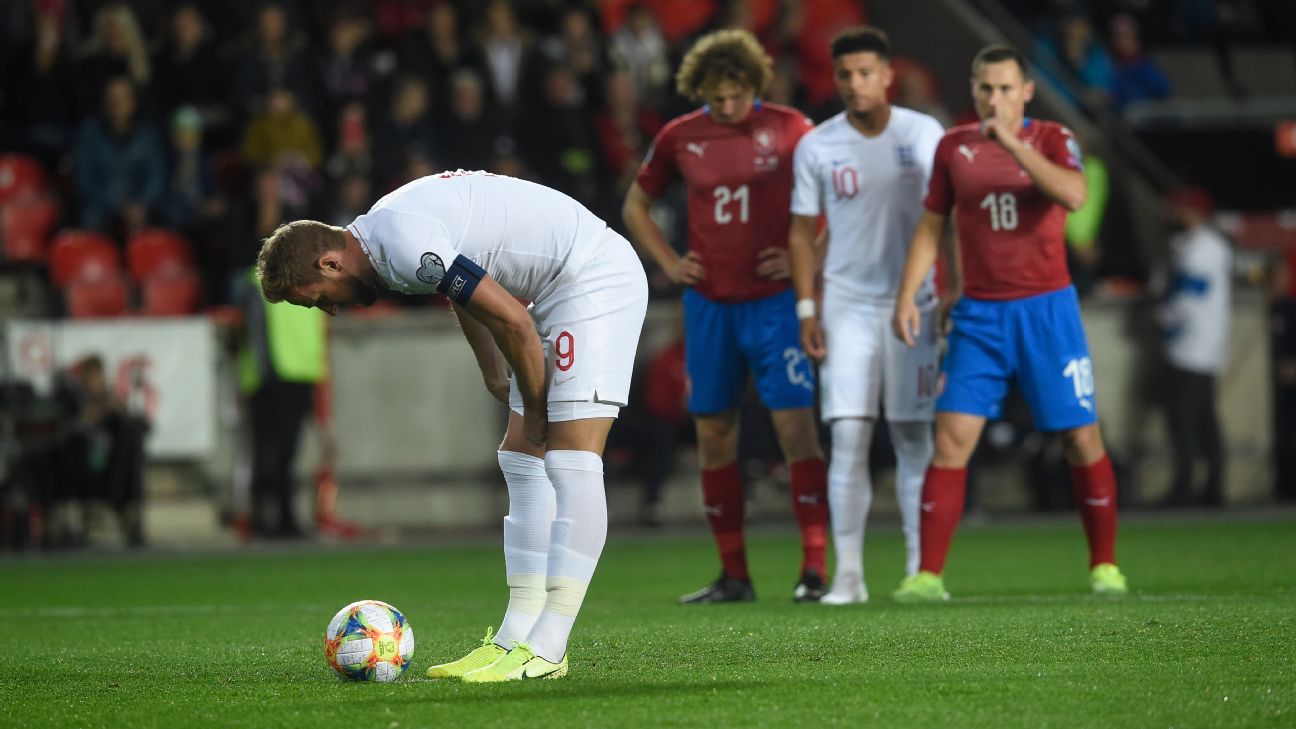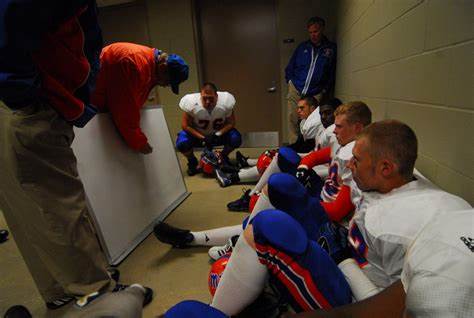Penalties in football evoke intense emotions and can significantly impact the outcome of a match. From the pressure felt by the kicker to the anticipation of the goalkeeper, the psychology behind penalty situations is complex and fascinating. This article delves into the psychological aspects of penalties in football, exploring the mindset of players and the strategies they employ to succeed in these high-pressure moments. Understanding the psychological dynamics at play during penalty kicks provides valuable insight into how athletes navigate stress, maintain focus, and execute their actions under pressure. By examining the mental fortitude of players and the psychological strategies they utilize, we gain a deeper appreciation for the intricate interplay between mind and performance in football’s most critical moments.
Understanding Penalty Pressure
Penalty kicks are one of the most high-pressure situations in football, with the outcome often determining the winner of a match. The pressure to perform can lead to heightened anxiety and stress for both the kicker and the goalkeeper. Understanding how players cope with this pressure is crucial for unlocking the secrets to penalty success.

The Kicker’s Perspective
For the kicker, stepping up to take a penalty requires confidence, focus, and mental strength. The fear of failure and the weight of expectations from teammates, fans, and coaches can be overwhelming. Successful kickers employ techniques such as visualization, positive self-talk, and routine to stay calm under pressure and execute their shots with precision.
The Goalkeeper’s Dilemma
On the other side of the penalty spot, the goalkeeper faces a daunting task. They must anticipate the direction of the kick while remaining agile and focused. The psychological battle between kicker and goalkeeper adds an extra layer of complexity to penalty situations, with mind games and bluffing often coming into play.
Psychological Tactics
Psychological tactics play a significant role in penalty situations, with players using various strategies to gain an advantage over their opponents. From studying the tendencies of the goalkeeper to adopting a poker face during the run-up, players employ a range of tactics to increase their chances of success. Additionally, goalkeepers may attempt to psych out the kicker by displaying confidence or uncertainty in their positioning.
The Role of Pressure
Pressure is a defining factor in penalty situations, influencing the decision-making process and execution of both kicker and goalkeeper. The fear of failure can lead to hesitancy and indecision, while excessive pressure can cause players to choke under the spotlight. Learning to manage pressure effectively is essential for success in penalty situations.
The Impact of Experience
Experience plays a crucial role in how players cope with penalty pressure. Seasoned veterans often possess the mental resilience and composure needed to thrive in high-pressure situations, while younger or less experienced players may struggle to perform under the same circumstances. Coaches and sports psychologists work with players to develop mental toughness and resilience in preparation for penalty situations.
The Aftermath of Penalties
The aftermath of penalty kicks can have lasting psychological effects on players and teams. For the victors, penalties can boost confidence and morale, instilling a sense of resilience and belief in their abilities. Conversely, the losers may experience feelings of disappointment, frustration, and self-doubt, which can impact their performance in future matches.
Conclusion
Penalties in football are more than just a test of skill—they are a battle of minds. The psychology behind penalty situations is complex and multifaceted, with players and goalkeepers alike facing intense pressure and scrutiny. By understanding the psychological factors at play and employing effective coping strategies, players can maximize their chances of success in penalty situations, ultimately influencing the outcome of matches and shaping their teams’ fortunes on the pitch.




